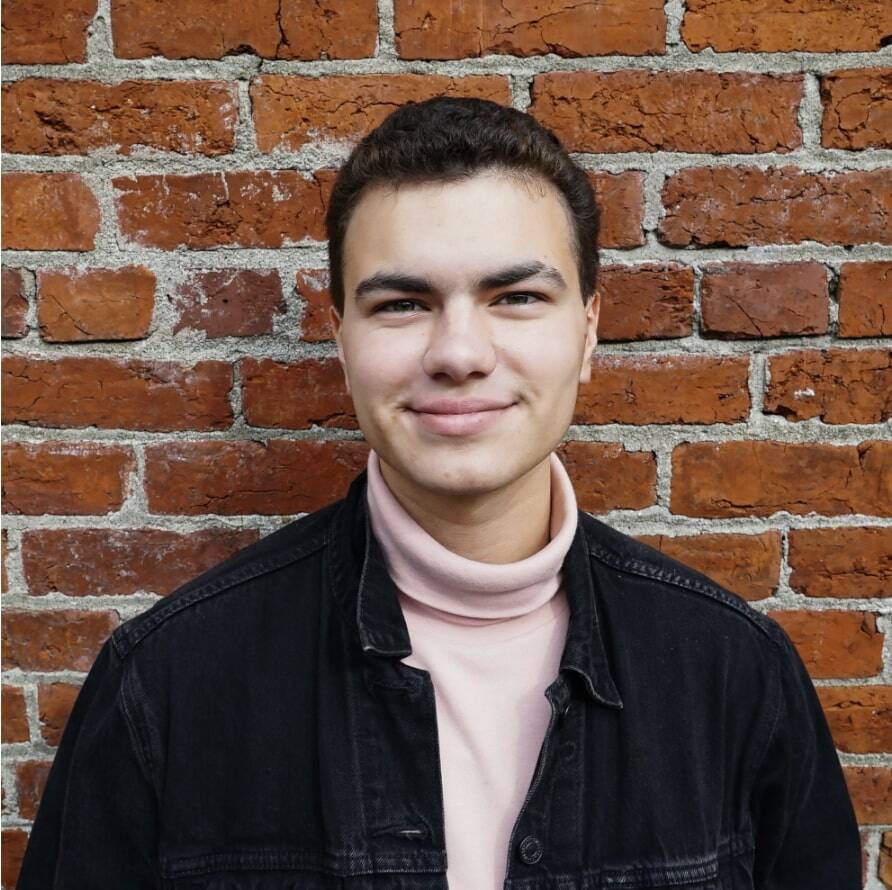At 20 years of age, Auburn’s new Poet Laureate, Mateo Acuña, is already a trailblazer.
Not only is Acuña the youngest person ever named to the 3-year position, he is also its first gay, transgender, Peruvian-American poet, activist, visual artist and person of color to be thus honored.
That is a lot of firsts.
“I am overjoyed to step into the position of Auburn Poet Laureate because my first writing mentor was Susan Landgraf, a former Auburn Poet Laureate,” Acuña said. “She was someone I looked up to. She taught me a lot of foundational things I still implement in my writing. That I have the opportunity to implement that for the next generation is incredible.”
Acuña writes about intersectional identity and his love for nature and advocates for social and environmental justice in his works. In addition, he writes fiction and creative nonfiction. He hopes to write a memoir in the future. His focus as Auburn Poet Laureate will be on youth and giving them opportunities to hone their skills as creative writers.
Born and raised in Auburn, Acuña attended Auburn public schools from K-12 and is an undergraduate majoring in visual arts and English with a concentration in creative writing.
At 19, Acuña made his literary debut as the Seattle Youth Poet Laureate. Throughout his term, he’s been a featured reader at Seattle Town Hall, The Triple Door, Centilia Cultural Center, the Seattle Art Museum, and more. His debut poetry collection highlighting the intersectionality of gender, race, and environmental and social justice issues will be released through Poetry Northwest at Elliott Bay Books in June 2024.
As an Auburn resident, he said, he felt firsthand the impact of having a poet laureate for the city. He credits Landgraf, his first writing mentor, for teaching him “the power of the edit” and piquing his interest in poetry. He plans to relaunch the teen writers’ group she led, this time as facilitator, at the Postmark Cultural Center.
“There’s a group of different cities that have poet laureates. Renton and Seattle have them, too. Each city is different. For Auburn, it’s nice that the Auburn Arts Commission gives the Poet Laureate the freedom to do what they are passionate about. My focus will be on youth.”
He is excited about having The Writers-In-Schools program in the Auburn School District (ASD).
“It brings creative writing teachers and professional creative writers into the ASD to do unit in classrooms, usually poetry. Having been in the ASD, we did some poetry, but very little in comparison to what I’ve been learning in college. For some students going through the ASD, it will be their only chance to learn these things. The goal is to make creative writing accessible to everyone.”


